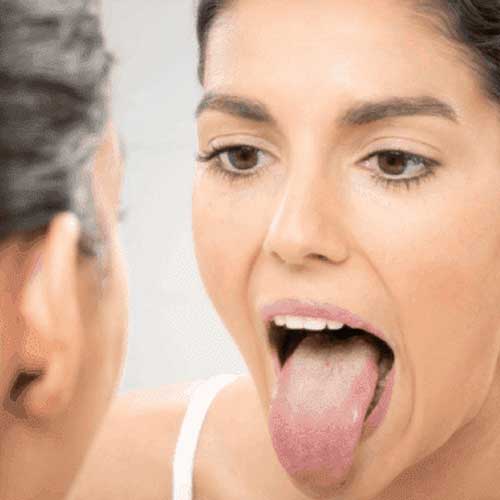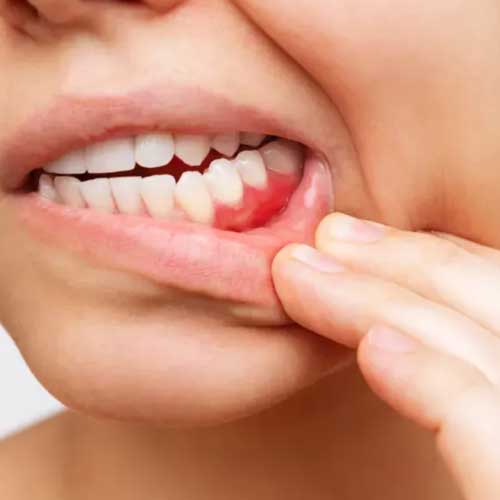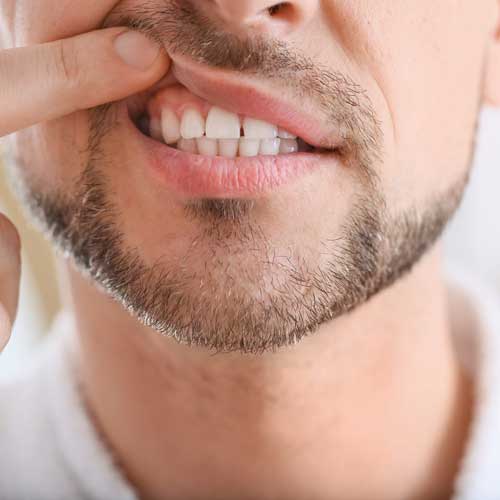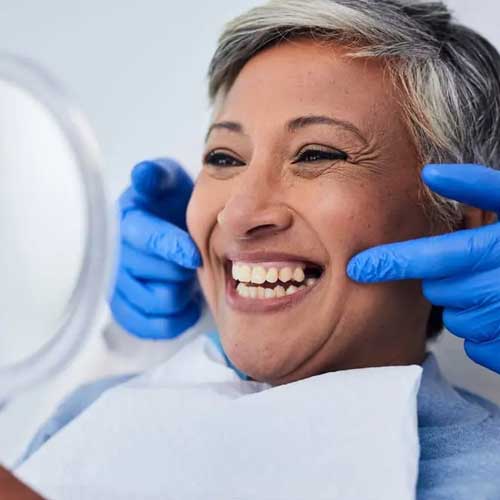
While alcohol is widely known for its effects on the liver and general health, its impact on your mouth is often overlooked — yet it can be just as damaging. Frequent alcohol consumption can silently undermine your oral health by contributing to dry mouth, enamel erosion, gum disease, and even oral cancer. In Bicton and beyond, more dental professionals are reporting an increase in alcohol-related dental issues. From sugary mixers to acidic wines, the ingredients in alcoholic beverages set off a chain of oral health challenges — encouraging harmful bacteria, inflaming gum tissues, and damaging tooth enamel. Compounding the issue, alcohol often disrupts daily hygiene routines and slows healing after dental procedures. When left unchecked, these effects can lead to serious complications including tooth decay, gum recession, and increased cancer risk. Fortunately, regular dental check-ups and timely interventions can help detect these issues early. If you're concerned that alcohol may be harming your teeth and gums, it’s wise to seek guidance from a local Bicton dentist who can help you protect your smile and maintain long-term oral health.

Alcohol reduces saliva production, leaving your mouth dry. Without enough saliva to wash away food particles and neutralise acids, harmful bacteria multiply, increasing the risk of bad breath, tooth decay, and plaque build-up.
Cocktails, ciders, and mixed drinks often contain high levels of sugar. These sugars act as food for bacteria, which produce acids that wear down tooth enamel and cause cavities.
Many alcoholic beverages — especially white wine and spirits with citrus mixers — are acidic. Acid erodes enamel, leading to sensitivity, discolouration, and increased vulnerability to cracking.
The combination of sugar and acidity in alcohol throws off the natural pH in your mouth. This acidic environment supports harmful bacteria and weakens your mouth’s natural defences.
Frequent alcohol use can cause gums to become red, swollen, or bleed easily. These are early signs of gingivitis, which can progress to periodontitis if untreated — potentially leading to tooth loss.

Chronic alcohol use, especially when combined with smoking, significantly raises the risk of oral cancers. Alcohol acts as a solvent, helping carcinogens from tobacco penetrate the mouth’s lining more easily.

Alcohol weakens the immune system and slows tissue repair, which can complicate recovery after procedures like extractions, implants, or gum treatments.
After a night of drinking, people often skip brushing or flossing. This allows bacteria and acids to stay on your teeth overnight, speeding up tooth decay and gum disease.

Seeing your Bicton dentist regularly allows early detection of alcohol-related oral issues. Your dentist can offer customised care — from fluoride treatments to gum therapy — and advice to improve your oral health.